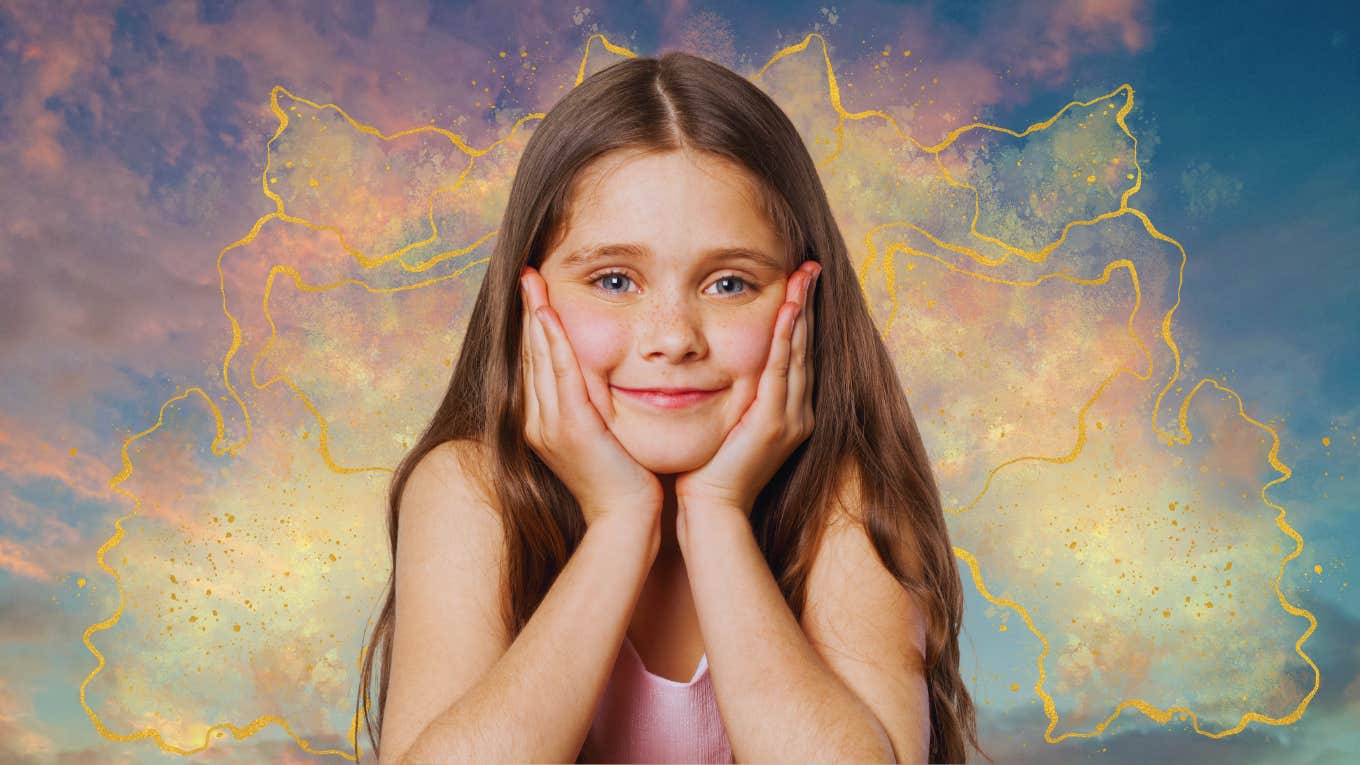What You Need To Know Now If You Played 1 Of These 4 Roles In Your Family
The role you played in your family has a huge impact on your life as an adult.
 MizC / Getty Images and Billion Photos via Canva
MizC / Getty Images and Billion Photos via Canva Everyone has a role to play while growing up, and for some, these roles were shaped by a dysfunctional environment.
The family duties you adopt as a child influence your development, and therapist Kim Polinder explains four common childhood roles teacher Frances Hawkins and her educational philosopher husband David Hawkins found that kids are likely to take on.
4 Common Childhood Roles You Might've Taken On
1. The Hero
The hero child tends to be driven and responsible. Self-sufficient, they're successful in everything that they do.
Growing up their families favor them, using their success as a means of boasting. Though this may seem insignificant, the hero child unconsciously ends up playing into the parent role.
As they get older, they may struggle with forming intimate connections. Psychotherapist Tom Moon explains, "The deepest issue that adult heroes live with is loneliness.”
Embark Behavioral Health also states that heroes often experience anxiety, depression, or a tendency to please others.
If you were the hero of your family...
The most important lesson for the hero child is learning self-love and compassion. Harvard Health Publishing suggests that eating healthily, offering self-encouragement, and practicing mindfulness techniques like meditation, can help boost your self-compassion tremendously.
2. The Scapegoat
Opposite of the hero, the scapegoat is the "rebellious child" of the family. Growing up they are typically blamed for pretty much everything.
"Lashing out, the scapegoat experienced lots of frustration and anger toward their dysfunctional family," says Polinder.
Because they are seen as the problem, the family uses them to divert attention from the real issues within the home. As they grow older the scapegoat constantly battles with self-hatered, says psychotherapist Jay Reid. Feeling as if they are always an embarrassment, the scapegoat lacks self-confidence.
In relationships, they may unconsciously seek out partners who treat them badly. Although unfortunate, it's understandable since they're accustomed to being treated as less than, says Reid.
If you were the scapegoat of your family...
To break free from being a scapegoat, you need to defy people's expectations. Step out of the role they've assigned you and speak up when someone has hurt you.
3. The Lost Child
Known as the forgotten children, these kids fly right under the radar. They follow the rules and rarely cause any problems.
Mostly, lost children are ignored, causing them to feel lonely and unloved. As they grow older, these children may feel disconnected from the world around them.
 Photo: tatyana_tomsickova / Getty Images via Canva
Photo: tatyana_tomsickova / Getty Images via Canva
Due to the disconnect with their families, they don't know what to expect out of life. Lost children may also have a hard time with relationships, writes the CPTSD Foundation.
Jumping from relationship to relationship, they may struggle with feeling as though they don't belong. If you feel numb and isolated, tend to sacrifice yourself, and lack intimacy, you may be a lost child.
If you were the lost child of your family...
Lost children may need to seek professional counseling if they want to heal, says the CPTSD Foundation. When tackling your past head-on, it's important to have professional guidance to do so safely.
4. The Mascot (aka The Clown)
The mascot is typically the youngest child who is perceived as outgoing and well-liked. Bringing laughter and joy to their dysfunctional environment, they're often viewed as a distraction.
However, deep down "the mascot uses humor to cover their hurt and low self-esteem," says Polinder.
"Growing older the mascot is the social butterfly of the family. Keeping the family engaged the mascot forgets to take care of their own needs," says Moon.
Unfortunately, the mascot is likely to end up in abusive or toxic relationships, since they're seen as too nice. Therefore, the biggest lesson the mascot needs to learn is to take their pain seriously.
If you were the mascot of your family...
Enough covering up your pain with laughter. Your pain deserves respect and attention, says Moon. Communicate openly and express your thoughts in a calm but assertive manner, suggests Human Nature Therapy.
Have deeper conversations and be sure to practice empathy.
Understanding your childhood roles can help you heal and grow from childhood trauma more effectively.
Marielisa Reyes is a writer with a bachelor's degree in psychology who covers self-help, relationships, career, and family topics.

